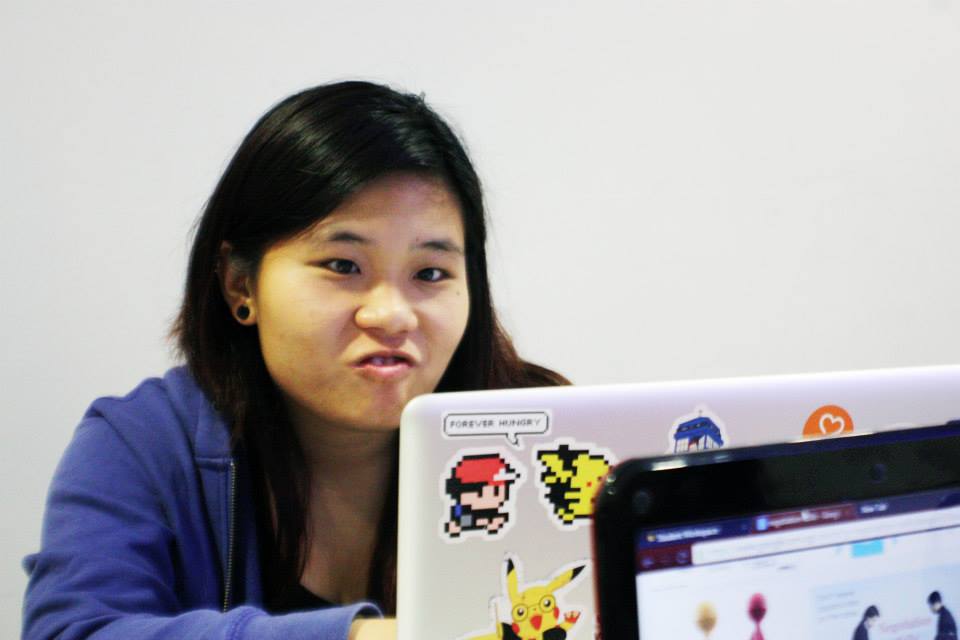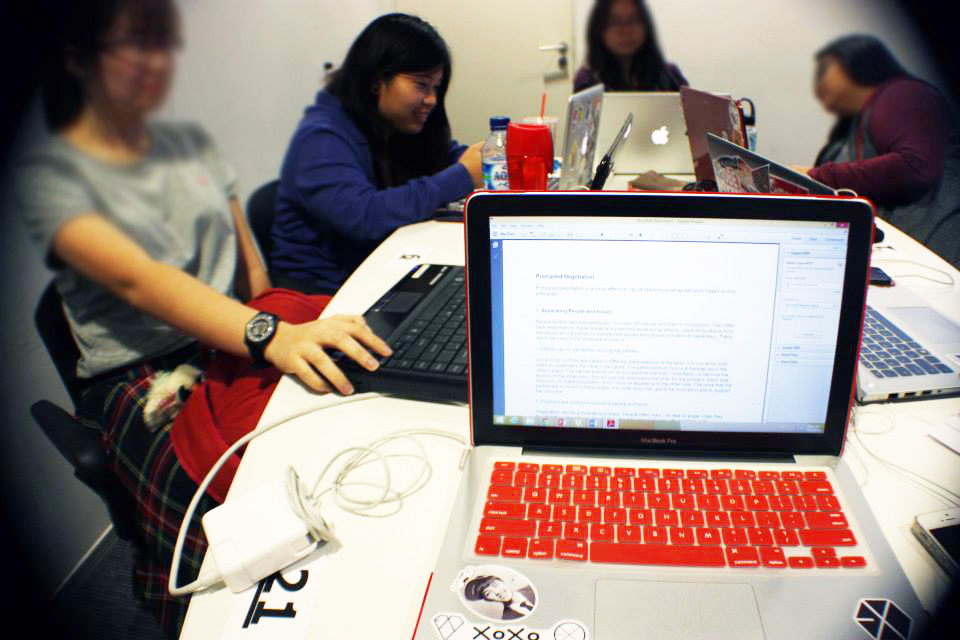It’s been slightly more than a year since I graduated from polytechnic - Republic Polytechnic. I called the very shiny campus in the land of the woods my second home.
I was a doe-eyed, hopeful graduate with a diploma in mass communication. Until I joined Mothership. I’m kidding.
But in the time since I graduated, my poly experience has proved to be pretty darn useful.
Unlike the rest of the polytechnics, RP follows a Problem-Based Learning (PBL) approach for all their classes, instead of lectures or tutorials.
Which means we worked in teams every day to solve a real-world problem for each module -- 5 modules, 5 days a week.
We would apply the concepts of the module in order to “solve” the problem. At the end of the day, we would present our “solutions” to the entire class.
As stressful as it was, it trained me to be a very different human being than I was before I entered RP.
And I cannot deny that it has changed my life.
Here are some of the things I’ve noticed about myself after I graduated:
1. I hate being idle
For the first time in my life, I wasn’t being scolded by a teacher if I was talking too much to my classmates. Because discussion.
Classes were super engaging. For example, we had debates in class about ethics in journalism and held mock press conferences to mimic crisis communication. I felt like a true fake journalist.
My brain has been so accustomed to moving at such a quick pace that I find myself fidgeting when it comes to 2-hour long meetings.
My colleagues can vouch for this; I start pacing around the room trying to think of ideas and doing mild yoga to ~stimulate brain juices~ when we’re brainstorming for a particularly difficult client brief.
I’m always looking for something to do or think about. I ask more questions, and I find that I concentrate better when I’m engaged in a discussion as compared to sitting still.
2. I’m fiercely independent.
 Legit photo of writer when she was a Year 1 student in class.
Legit photo of writer when she was a Year 1 student in class.
My best friend in RP was Google. I was never spoon-fed information in school - I constantly had to look for answers on my own.
It kept my mind fairly active. I was always Googling and relying on pre-class readings my lecturers gave to understand concepts in class.
According to the World Economic Forum, complex problem-solving is one of the top ten skills workers will need, right now.
After four years* of RP life with different problems handed to me every day, I think I’ve been conditioned to tackle any problem head on.
Lost in a foreign country? Google Maps. Need to learn how to use a video camera I’ve never seen before? Okay, show me how you do it, I’ll follow.
It has trained me to be very spontaneous too. It’s especially helpful when I’m at the cai png stall and the auntie is raising her voice at me waiting for me to pick my dishes. *stress intensifies*
3. Working with people comes as second nature to me
I had to work in groups of four or five. Every. Single. Day.
This meant I had to work with different people every day. Different personalities, different work ethics, different working styles.
I had to adapt to being a bit more sociable than I was used to, but hey, that’s what it’s like in the working world.
And it sure was valuable. Being in my first full-time job after graduation, I’m now more comfortable with meeting new people, and I don’t shy away from working with unfamiliar faces.
Presenting to a class of 25 people everyday was also daunting, but it’s something I slowly got used to. Pitching ideas to clients or my bosses is something I can do comfortably now.
--
I spent the best four* years of my life (so far) in RP. If any of this piques your interest in any way, or if you’re interested in a specific course, the Early Admissions Exercise (EAE) would be good to explore.
Of course, if you’re a kiasu parent reading this, there is also the Parents’ Talk that is happening on June 1. Especially if you’re a kan cheong spider and want to help your kid apply for the EAE.
They’d probably give better advice than I do, anyway.
*I spent an extra year in poly because I was enrolled in the Polytechnic Foundation Programme (PFP), which allows Normal Academic students to enter polytechnics one year earlier without having to do their O levels.
This article is brought to you by Republic Polytechnic, who gave this writer an education. If not, she would not be here writing this article, because she’d be an unemployed diploma-less gremlin.
If you like what you read, follow us on Facebook, Instagram, Twitter and Telegram to get the latest updates.
